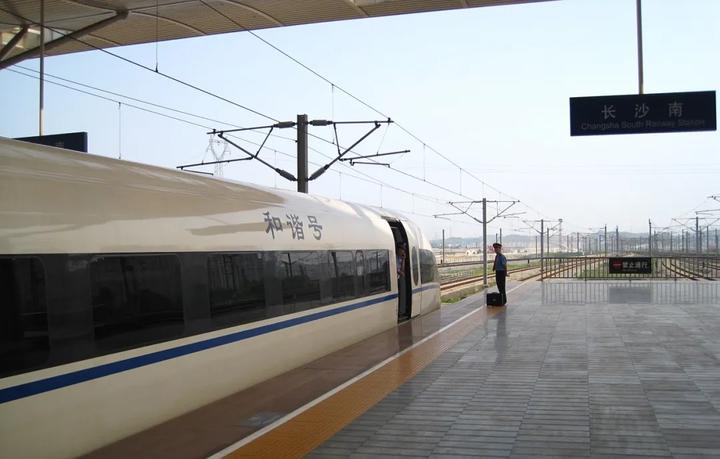Third-Party Train Ticket Acceleration Services: The Psychology Behind Paid Priority
Despite China Railway’s official statement that 12306 has not collaborated with any third-party platforms for ticket booking acceleration, many users still purchase ‘acceleration packages’ on these platforms, driven by both technical and psychological factors.

The complexity of China’s train ticketing system during peak travel periods, particularly during the Spring Festival, has created a thriving market for third-party ticket booking services. While China Railway’s official 12306 platform maintains that it has not authorized any third-party collaborations, the persistence of these services and their continued patronage presents an intriguing case study in consumer behavior and technical innovation.
The technical reality behind these third-party services is straightforward but sophisticated. These platforms essentially automate the ticket searching and booking process by simulating human interactions with the 12306 system. When users purchase acceleration packages, they’re not buying privileged access to 12306’s system, but rather prioritized access to the third-party platform’s automated searching and booking resources.
The effectiveness of these services stems from several factors:
The speed advantage of automated systems over manual booking is significant. While a human user might check ticket availability every few minutes, automated systems can perform these checks much more frequently, though still within 12306’s rate limits.
These platforms employ complex queueing systems, where paying users receive priority in the automated booking attempts. While this doesn’t guarantee success, it does increase the statistical probability of securing tickets compared to non-paying users on the same platform.
The psychological aspects driving users to purchase these services are equally compelling. Many travelers, faced with the stress of securing tickets during peak periods, view these acceleration packages as a form of insurance. The relatively low cost of these services compared to the potential benefit makes them an attractive option, even for skeptical users.
The situation mirrors other scenarios where consumers pay for perceived advantages in competitive situations. Just as students might pay for extra tutoring before an exam, or job seekers might pay for premium LinkedIn accounts, train passengers are willing to pay for what they perceive as an enhanced chance of success.
A particularly interesting aspect is how these services manage user expectations. By offering refunds for unsuccessful bookings, they create a “nothing to lose” mentality among users. This risk-free proposition makes the service attractive even to those who understand its limitations.
The responses from users who have successfully secured tickets through these services often overlook the possibility that they might have succeeded through official channels anyway. This confirmation bias helps sustain the market for these services, despite official warnings about their effectiveness.
Ultimately, the phenomenon reflects a broader pattern in consumer behavior where people seek to gain any possible advantage in competitive situations, even when the actual benefit may be marginal. The psychological comfort of “doing everything possible” often outweighs rational cost-benefit analysis.
The continued popularity of these services, despite official disclaimers, demonstrates how technical innovation and human psychology intersect in modern consumer markets. Whether these services provide significant advantages or not, they have become an established part of China’s train ticketing ecosystem, driven by both technical capabilities and human nature.